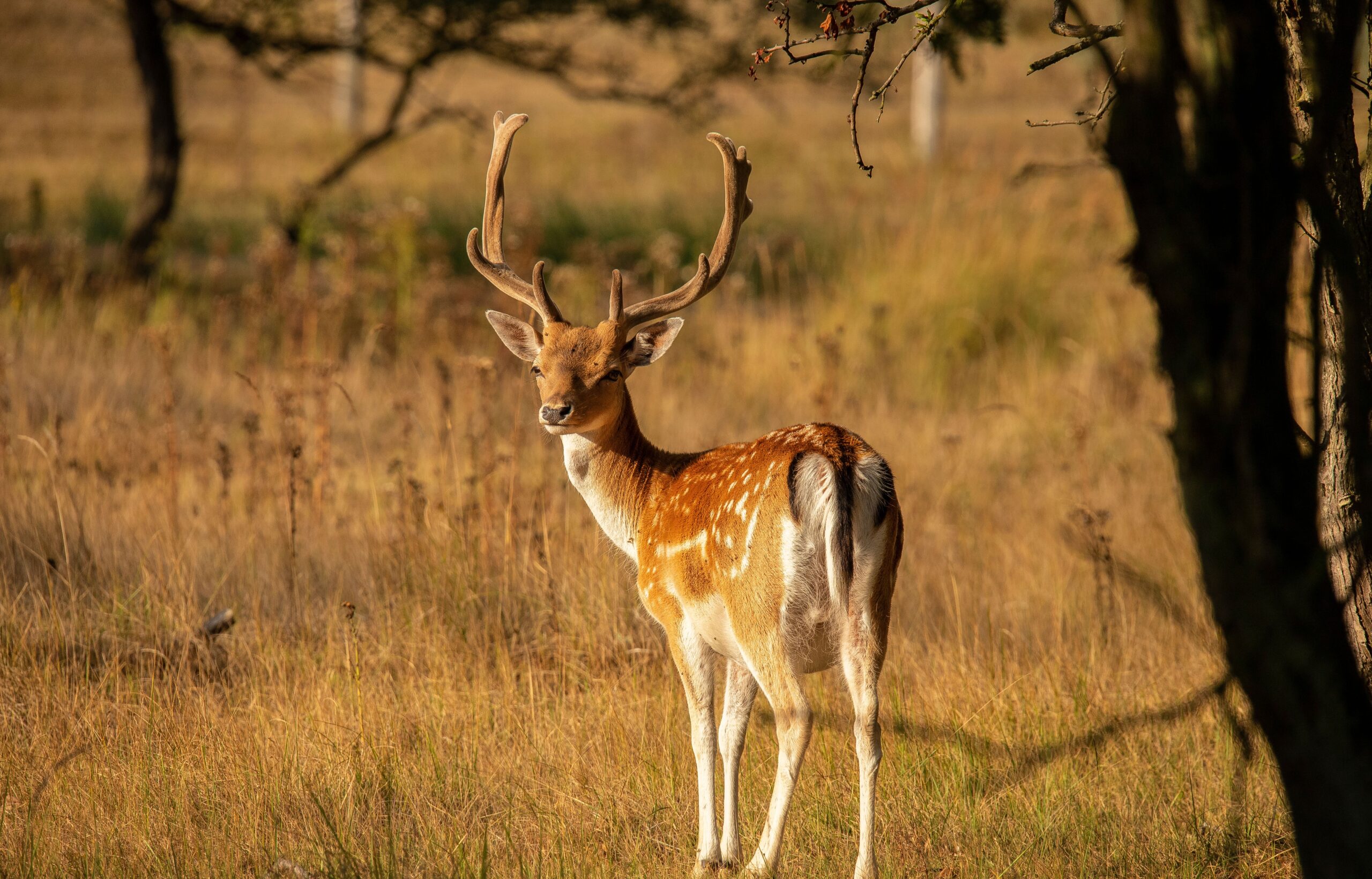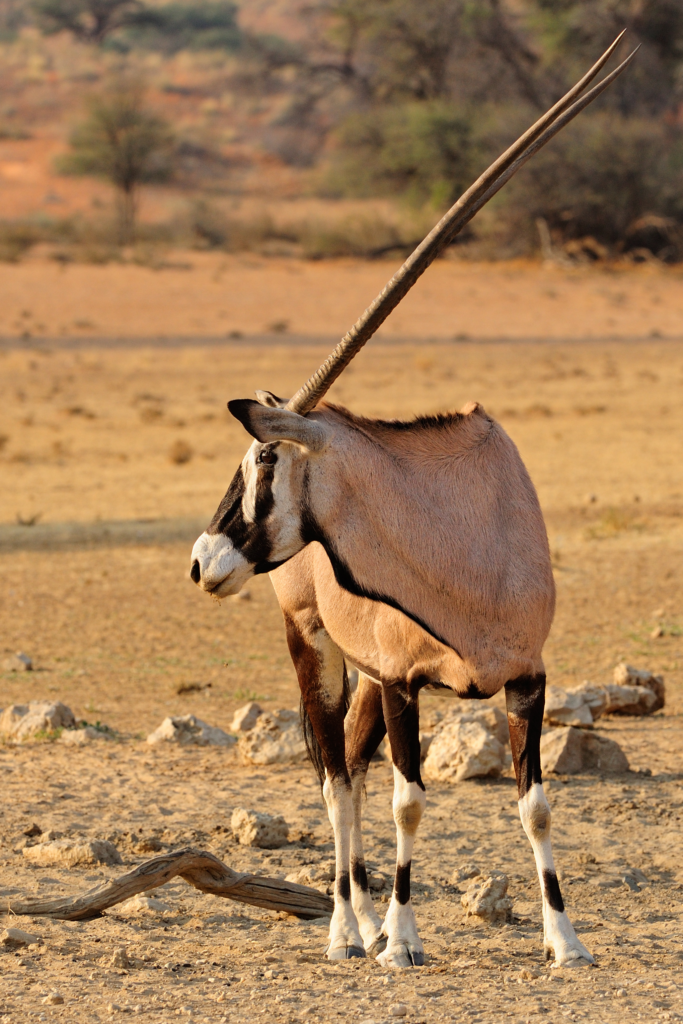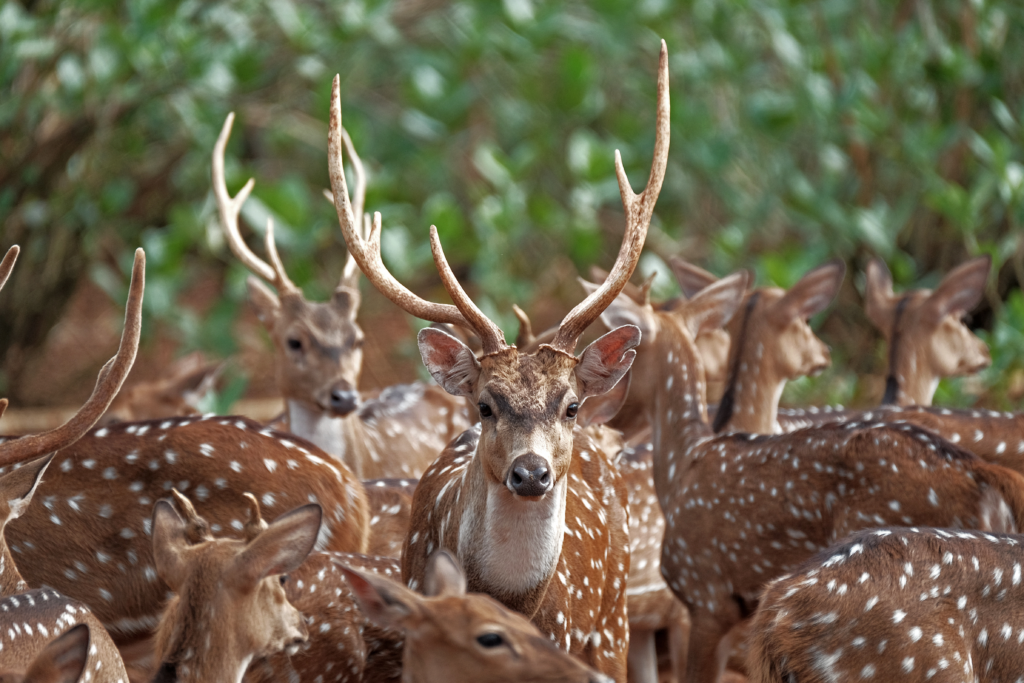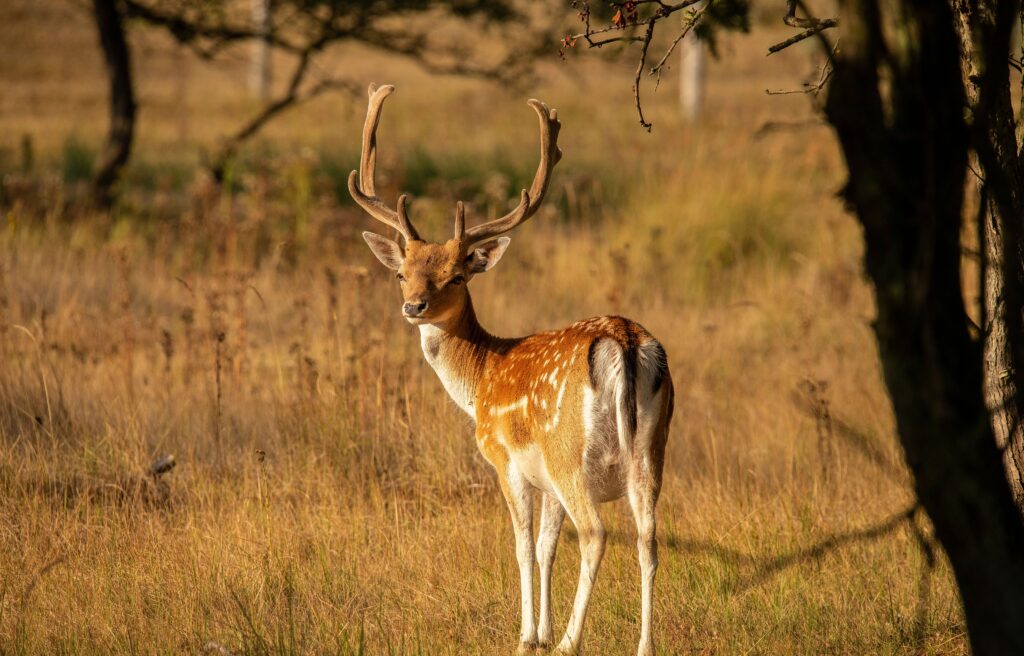Texas Exotic Game Hunting: Where Adventure, Conservation, and Prosperity Meet
October 19, 2023
For most avid outdoorsmen and women, the summer months are a time to evaluate the last season and gear up for the forthcoming. In the Lone Star state, where the vast landscapes are teeming with life, including an array of exotic animals, the typical “off-season” is offering hunters opportunities to not just hunt hogs.
Over the years, Texas has emerged as a prominent destination for world-class trophy exotic hunts, attracting both domestic and international hunters seeking unforgettable experiences in stunning landscapes. With its wide-open grasslands, hot, dry conditions, and landscapes dotted with antelope and hoofed animals grazing, the savannas of Africa are not too dissimilar from the settings and scenes of Texas. And just like the bush of Africa, exotic game hunting in Texas is playing a crucial role in bolstering the state’s economy by offering year-round hunting opportunities.
For Aden Lasseter, co-owner of Caveman Wildlife and Inner Space Caverns in Georgetown, Texas, owning, breeding, and selling exotic animals stemmed from his background in finance and the compounding effect of the money that tends to follow growing herds of exotic animals.
In 2005, Lasseter bought his first ranch in South Texas and soon after introduced gemsbok bucks onto the ranch. “And when we sold that ranch in 2009, I took those gemsboks with me onto my second ranch in LaSalle County where I added impala, red stag, kudu, nilgai, and axis deer.” With his Caveman Wildlife partner, Lance Clawson, the two sell their animals “either to breeders looking for really high-end genetics or we sell them to ranches that want to build their own herds and, occasionally we sell to hunting ranches that need stockers.”
Originally, Caveman Wildlife focused on white-tail breeding but found that with all the politics, rule changes, and red tape, it was not economically viable to be a whitetail deer breeder. Unlike with whitetail, you don’t need permits to move exotics because they are non-indigenous game and considered livestock. Without the need for permitting, the added benefit of being able to hunt year-round, and the abundance of privately owned land in Texas, the exotic animal industry in the Lone Star state has quickly become a destination for hunters.


Exotic animals have had a long and storied past with Texas beginning with the arrival of camels in 1854 when Secretary of War, Jefferson Davis petitioned Congress for $30,000 to purchase the camels. The iconic King Ranch was the first in Texas to acquire exotic wildlife for commercial purposes in 1930 and soon after, the YO Ranch was acquiring exotic animals.
According to the Wildlife Partners website, the motive for the acquisition was to breed the animals for conservation purposes. The efforts were so successful that within a short time, animals were being sold to zoos while others were sent back to their native lands to replenish dwindling herds. Breeding was highly successful and eventually management was required to limit the size of the herd. What started as an altruistic conservation project, turned into a source of revenue for these ranches, especially during times of drought.
Hunting exotics for profit became one of the primary sources of revenue for these first ranches that housed exotics. Eventually, the ranching of big game exotic species was recognized as a profitable industry and once threatened animals in their native land began to flourish in Texas because of the value they were given.
While the typical method of hunting takes place from the blind or by stalking game on foot, most exotic game hunters prefer to hunt “safari-style,” from the comfort of an off-road vehicle, either from the passenger seat or from an elevated bench mounted to the back of the vehicle.
According to a 2007 Texas A&M University Economic Impact Study, the exotic industry in Texas is a $1.5 billion industry. The results from the study highlight the fact that the exotic wildlife industry is a growing and important segment of the Texas economy, contributing to the vitality of rural areas of the state. Texas landowners have realized the positive impact exotics can have and capitalized on this demand by offering hunting opportunities on their ranches.
For Lasseter and Caveman Wildlife, the economics make sense. The exotics fit well into his land and ranch management goals citing that the animals are less of a burden on the land. “These animals that I have eat a whole lot less grass and typically drink less water. If we were running cows back there, we have to haul out a lot more water to relatively remote parts of the ranch.”
“These animals that I have eat a whole lot less grass and typically drink less water. If we were running cows back there, we have to haul out a lot more water to relatively remote parts of the ranch.”
Aden Lasseter, Caveman Wildlife
Lasseter notes that the biggest difference he sees is the impact on the native grasslands on his Round Mountain ranch, which is home to 16 different species of exotics. “[Exotics] eat a lot more native browse and forbs than a cow and a cow is going to need plenty of hay-type grasses. And again, the body size of the cows is a lot larger. On average, our biggest animal is bongo that’s going to be 600 pounds versus a beef cow which can easily get to about 1500 pounds. So, you can raise a lot more heads on the same number of acres allowing a greater density of animals.”
Texas boasts a wide variety of exotic animals that have been introduced flourished within its varied landscapes and borders. From the attractive axis deer with their reddish color and white spots to the striking blackbuck antelope, these non-native species have adapted well to the Texan climate and landscape. These animals, while not native, have found a welcoming home in the state’s sprawling high-fenced ranches and wildlands.
Exotic game hunting in Texas stands as a testament to the state’s unique blend of wild landscapes, adventure, and economic prosperity. As a huge contributor to the state’s tourism economy, this industry has proven to be a viable way to appreciate the beauty of exotic animals while simultaneously supporting Texas’s communities and conservation efforts. When managed responsibly, exotic game hunting contributes to the protection of wildlife, the growth of local economies, and the promotion of outdoor experiences for generations to come.

Dance Hall Days
July 10, 2025
Putting Down Roots
June 4, 2025